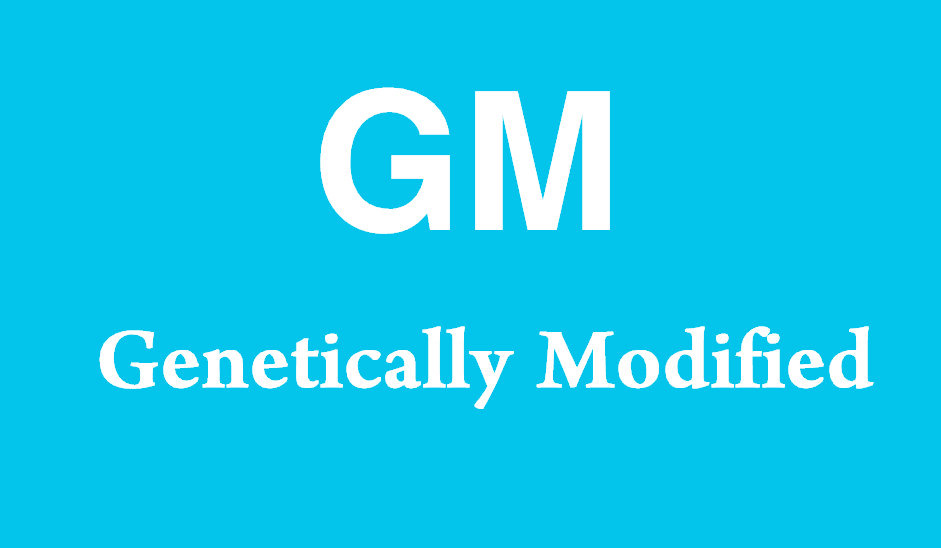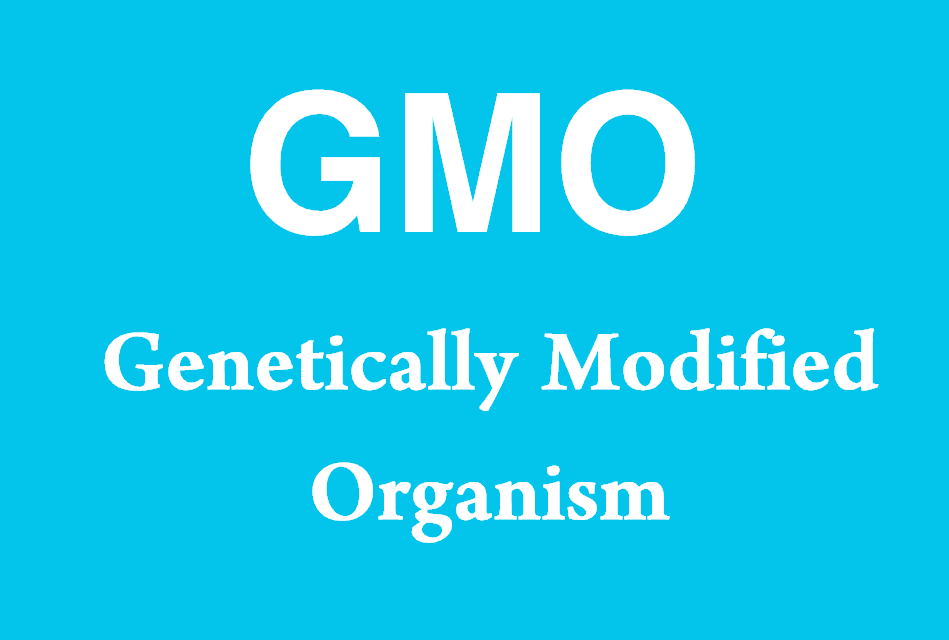What does GM stand for?
GM stands for Genetically Modified. This term refers to organisms whose genetic material has been altered using genetic engineering techniques to introduce new traits or enhance existing ones. The concept of genetic modification is widely used in agriculture, medicine, and research to produce crops with desirable characteristics, develop new treatments, and advance scientific understanding. Understanding GM is crucial for comprehending its impact on food production, environmental sustainability, and public health.

Comprehensive Explanation of Genetically Modified
Definition and Techniques
Genetically Modified (GM) organisms are those that have had their DNA altered or manipulated in a way that does not occur naturally through mating or natural recombination. This genetic engineering involves techniques such as:
- Gene Cloning: Copying a specific gene and inserting it into the genome of another organism.
- CRISPR-Cas9: A precise gene-editing tool that allows for targeted changes in the DNA sequence.
- Transgenesis: Introducing a gene from one species into another species to bestow a new trait.
History and Development
The history of genetic modification dates back to the 1970s with the development of recombinant DNA technology. The first genetically modified organism, a bacterium producing human insulin, was created in 1978. This breakthrough paved the way for the development of genetically modified crops in the 1980s and 1990s, with the first GM crop, the Flavr Savr tomato, being approved in 1994.
Applications of Genetic Modification
Agriculture
In agriculture, genetic modification has led to the creation of crops with enhanced traits such as:
- Pest Resistance: Crops like Bt corn produce their own insecticide, reducing the need for chemical pesticides.
- Herbicide Tolerance: Crops like Roundup Ready soybeans can survive applications of specific herbicides, facilitating weed control.
- Improved Nutritional Content: Golden Rice, fortified with vitamin A, aims to combat malnutrition in developing countries.
Medicine
Genetic modification plays a critical role in medicine:
- Pharmaceutical Production: Genetically modified bacteria and yeast are used to produce insulin, growth hormones, and vaccines.
- Gene Therapy: GM viruses are employed to deliver therapeutic genes to treat genetic disorders.
- Biomedical Research: GM animals and cell lines are essential tools for studying diseases and testing new treatments.
Environmental Management
Genetic modification is utilized in environmental management for:
- Bioremediation: Genetically modified microorganisms can break down pollutants in the environment.
- Conservation: GM techniques help protect endangered species by enhancing their resistance to diseases or adverse conditions.
Benefits of Genetic Modification
The benefits of genetic modification include:
- Increased Crop Yields: Enhanced resistance to pests and diseases leads to higher agricultural productivity.
- Reduced Chemical Use: GM crops that are pest-resistant or herbicide-tolerant reduce the need for chemical inputs, lowering environmental impact.
- Nutritional Improvements: GMOs can be engineered to contain higher levels of essential nutrients, addressing deficiencies in human diets.
- Medical Advances: Genetic modification facilitates the production of essential medications and innovative therapies.
Controversies and Concerns
Despite its benefits, genetic modification is controversial due to concerns such as:
- Environmental Impact: Potential for GM crops to crossbreed with wild relatives, leading to unintended ecological consequences.
- Health Risks: Ongoing debates about the long-term health effects of consuming GM foods, despite broad scientific consensus on their safety.
- Ethical Issues: Ethical concerns regarding the manipulation of genetic material and the patenting of genetically modified organisms.
Regulation and Labeling
Genetic modification is regulated by national and international bodies to ensure safety for consumption and minimal environmental impact. In the United States, the FDA, USDA, and EPA oversee the regulation of GMOs. Labeling laws vary by country, with some requiring mandatory labeling of GM products to inform consumers.
Future of Genetic Modification
The future of genetic modification lies in advancing technologies like CRISPR, which offer more precise and efficient methods for editing genes. Emerging applications include climate-resilient crops, new medical treatments, and sustainable industrial processes. Continued development promises to address global challenges in food security, health, and environmental sustainability.
Notes to Importers
Understanding GM’s Relevance
For importers, understanding genetically modified (GM) products is essential as it impacts product selection, market strategy, and regulatory compliance. Importers need to be aware of the benefits and potential risks associated with GM products, as well as consumer preferences and legal requirements in their target markets.
Market Analysis
Importers should analyze the demand for GM and non-GM products. While GM products offer benefits like lower costs and higher yields, there is a growing market for non-GM and organic products driven by consumer health and environmental concerns.
Strategic Planning
Importers can use information about GM products to strategically plan their offerings. Importing GM crops might be advantageous in markets prioritizing cost-effectiveness and sustainability, while non-GM products may appeal more in markets emphasizing natural and organic foods.
Risk Assessment
Understanding the risks associated with GM products is crucial for importers. These risks include potential regulatory changes, public backlash, and supply chain disruptions. Importers should stay informed about global GM regulations and market trends to mitigate these risks.
Trade Policies
Importers must navigate trade policies that govern GM products. This includes adhering to labeling requirements, safety standards, and import restrictions. Staying compliant with these policies is essential to avoid legal issues and maintain market access.
Sample Sentences Using GM
- “The GM crops have significantly reduced the need for chemical pesticides, benefiting both farmers and the environment.”
- Meaning: Genetically modified crops have led to a decrease in the use of pesticides, which is advantageous for agriculture and ecological health.
- “Many consumers are concerned about the potential health effects of GM foods, despite scientific evidence supporting their safety.”
- Meaning: There is public apprehension regarding genetically modified foods, even though research generally indicates they are safe to eat.
- “GM insulin has revolutionized diabetes treatment, making it more affordable and accessible to patients worldwide.”
- Meaning: Genetically modified insulin has improved the management of diabetes by reducing costs and increasing availability.
- “Environmentalists worry that GM crops may negatively impact biodiversity by crossbreeding with wild plants.”
- Meaning: There are concerns that genetically modified crops could harm natural ecosystems by interbreeding with native species.
- “The government has implemented strict labeling laws for GM products to ensure consumers are informed about what they are buying.”
- Meaning: Authorities have established regulations requiring clear labeling of genetically modified products to inform buyers.
Other Meanings of GM
| Acronym | Full Form | Description |
|---|---|---|
| GM | General Manager | A senior executive responsible for the overall operations of a company or organization. |
| GM | General Motors | An American multinational corporation that designs, manufactures, and sells vehicles. |
| GM | Game Master | A person who acts as the organizer, officiant, and referee in role-playing games. |
| GM | Good Morning | A common greeting used in the morning. |
| GM | Genetic Modification | The process of altering the genetic material of an organism. |
| GM | Grandmaster | A title awarded to chess players of exceptionally high skill and achievement. |
| GM | Genetically Modified | Organisms whose genetic material has been altered using genetic engineering techniques. |
| GM | General Meeting | A formal gathering of members or shareholders of an organization. |
| GM | Gram | A metric unit of mass equal to one-thousandth of a kilogram. |
| GM | Ground Movement | The movement of the earth’s surface due to natural phenomena or human activities. |
| GM | Growth Mindset | The belief that abilities and intelligence can be developed with effort and practice. |
| GM | Global Market | The international marketplace where goods and services are traded. |
| GM | Group Message | A communication sent to multiple recipients simultaneously. |
| GM | Genetic Marker | A gene or DNA sequence with a known location that can be used to identify individuals or species. |
| GM | Global Media | Media content that is distributed and consumed on a global scale. |
| GM | Green Movement | An environmental movement advocating for sustainable and eco-friendly practices. |
| GM | Gravitational Microlensing | An astronomical phenomenon used to detect distant objects by their gravitational effects. |
| GM | Global Migration | The movement of people across international borders for various reasons, including employment. |
| GM | Gold Medal | The highest award given in competitions, signifying first place. |
| GM | Group Model | A method of organizing individuals into groups for analysis or action. |

